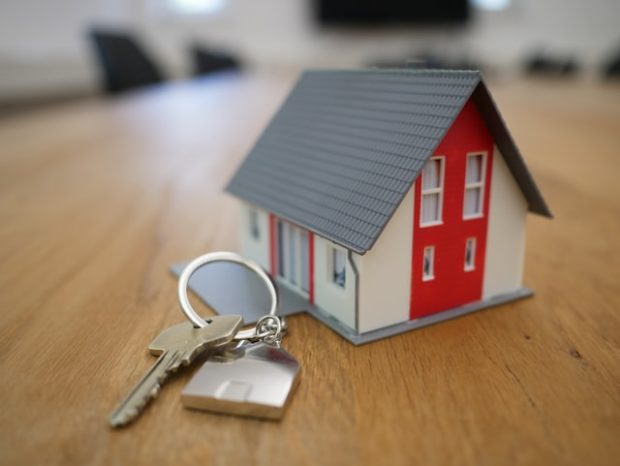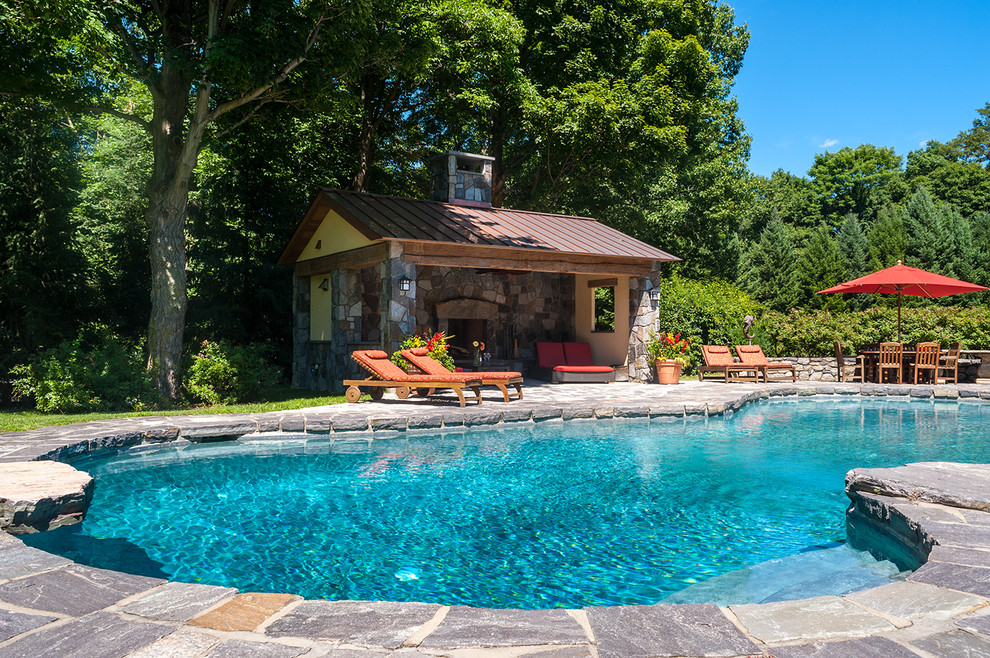A home can be many things–a place to unwind, to raise children, to spend their twilight years in, and so on. Because each person has their own motivations in buying a home, there isn’t one “right” way to buy a home. Instead, the key to finding the perfect home is to consider your personal needs and lifestyle.
While everyone is different, potential homebuyers can be classified under certain archetypes. Knowing which archetype you belong to can help push your decision-making in the right direction. This article will provide a home buying guide for every lifestyle.

For First-Time Buyers
It can be exciting to finally purchase a home of your own. However, a common challenge that first-time buyers face is deciding on features to prioritize. It’s important to remember that your home is an investment for the present and the foreseeable future–its features need to accommodate your current lifestyle and other needs.

Think about the “non-negotiables” and essential features your home should have–security, low-maintenance fixtures, adaptability for a future family, proximity to places of work and school, and so on. Once you have your priorities, match them up to your planned budget. You may not get all your wants for your first home, but ticking off the essentials on your list will ensure that you can live comfortably and within your means.
For Growing Families
Families may grow and change over time, and so should the houses they live in. Issues of space, safety, and other constraints may arise when there are more children in the family. Priorities may also change if you are now housing relatives who are senior citizens or have special needs. Purchasing a new home will ensure that your family has space and facilities they need to make life easier, safer, and more comfortable.

Families with younger children may need to prioritize homes with easily-monitored outdoor spaces and amenities for safe and fun outdoor play. Home features that can be “baby-proofed” should also be considered. Older children may require more zoned living spaces that allow for privacy while retaining communal areas. Specific accessibility features such as ramps and handholds are necessary for families with senior citizens or persons with disabilities.
For Upgraders
Whether your old home no longer fits your current situation or you’ve earned enough money to find a new place to live, upgrading your home can improve the quality of your life. For second and subsequent homes, many people tend to focus on enhancing their lifestyle.

If you’re ready for a new home, take a look at the aspects of your current home that need improvement. For example, you may want a luxury house with bigger common areas for hosting guests and social gatherings or one with more windows to use more natural light. Practical features such as the number of bedrooms and bathrooms, plumbing, and electrical work are also good places to upgrade. Additionally, you can take location, proximity to essential services and places of work or school, and reliable public transportation into consideration for your next home.
For Empty-Nesters
Children grow up and move out, while their parents grow older and prepare for their twilight years. At this stage in life, you may be looking for a new home that represents the fruits of your labor while catering to your needs as future retirees.

Mobility may become an issue for senior citizens, so single-story homes with ramps, handrails, and other aids should be a priority. Condominium units can also be considered if there are elevators to help with moving from floor to floor. Proximity to essential shops and services like supermarkets and hospitals is another big factor for deciding on your new home.
No matter what stage of life you’re in, a good home is one that allows you to live comfortably and peacefully. Rather than shopping simply for aesthetic value, your home should match the lifestyle you lead. Knowing what to prioritize is essential to finding the right home.










